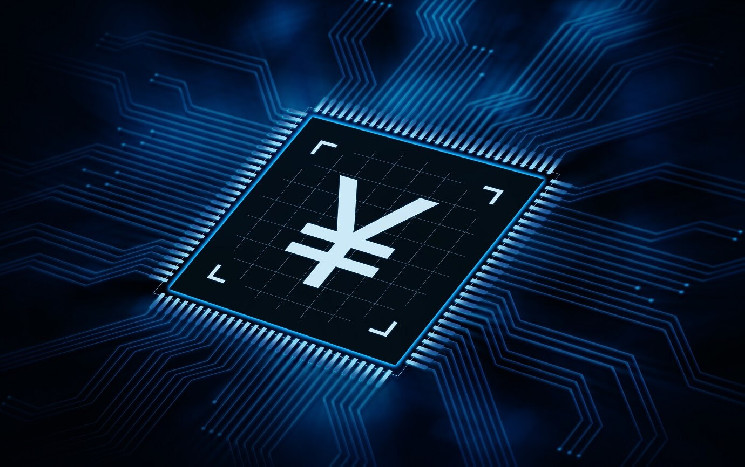Local Tax ‘First’ for Digital Yuan as Pilot Continues to Broaden Scope

Chinese citizens have begun using the digital yuan to pay “inter-city” tax bills – doing away with the need to conduct wire transfers to local tax authorities via banks.
Per the China Securities Network and the People’s Daily, the first person to use the digital CNY in such a manner was a man surnamed Qi – the owner of a small private decoration company in Guangzhou.
Qi was commissioned to carry out a project in the Dinghu District of Zhaoqing, where he received payment and was thus legally obliged to submit a declaration to the local tax body and pay levies on his earnings.
But rather than taking the conventional route and transferring fiat to the Zhaoqing tax authority, he decided to take the initiative and pay using the nation’s central bank digital currency (CBDC) instead.
The People’s Daily wrote that “as a young man who pays attention to current trend,” Qi was “willing to try new things” – and had “a positive experience” with the digital CNY, simply transferring tokens from his own wallet to the Zhaoqing tax authority’s wallet.
He was quoted as stating:
“The digital yuan has become very popular recently. I really hadn’t expected that I could use it to pay taxes in different locations. And there were no handling or transaction fees to pay!”
Guangzhou was brought into the digital CNY pilot in April.
Various government bodies appear to have been actively encouraging citizens to pay taxes using the CBDC, claiming that the token helps boost efficiency, is easy to store, and promotes transparency.
As reported at the end of April, a number of government organs in Zhejiang province were trialing solutions that involve “the online transfer of digital yuan” to pay taxes, with the cities of Hangzhou, Shaoxing, and Jinhua launching digital CNY tax payment solutions.
In Shanghai, as the China Securities Network reported, local authorities have also executed another first for the CBDC, handing out a USD 445,000 “enterprise talent” subsidy to an unnamed party in the city.
And elsewhere, the People’s Daily reported that a USD 445,000 digital yuan loan had been issued to a company involved in cross-border trade. The firm, which appears to be involved in the e-commerce sector, secured the loan from a branch of the China Construction Bank, and it will use a portion of the tokens to pay for freight train transport costs to Europe.
____






 Bitcoin
Bitcoin  Ethereum
Ethereum  Tether
Tether  USDC
USDC  TRON
TRON  Dogecoin
Dogecoin  Cardano
Cardano  Bitcoin Cash
Bitcoin Cash  Chainlink
Chainlink  Monero
Monero  LEO Token
LEO Token  Zcash
Zcash  Stellar
Stellar  Litecoin
Litecoin  Hedera
Hedera  Dai
Dai  Cronos
Cronos  Tether Gold
Tether Gold  OKB
OKB  Ethereum Classic
Ethereum Classic  KuCoin
KuCoin  Gate
Gate  Algorand
Algorand  Cosmos Hub
Cosmos Hub  VeChain
VeChain  TrueUSD
TrueUSD  Dash
Dash  Tezos
Tezos  Stacks
Stacks  IOTA
IOTA  Basic Attention
Basic Attention  Theta Network
Theta Network  Decred
Decred  NEO
NEO  Synthetix
Synthetix  Qtum
Qtum  Ravencoin
Ravencoin  DigiByte
DigiByte  0x Protocol
0x Protocol  Nano
Nano  Zilliqa
Zilliqa  Siacoin
Siacoin  Numeraire
Numeraire  Waves
Waves  Status
Status  BUSD
BUSD  Enjin Coin
Enjin Coin  Pax Dollar
Pax Dollar  Ontology
Ontology  Hive
Hive  Lisk
Lisk  Steem
Steem  Huobi
Huobi  NEM
NEM  OMG Network
OMG Network  Bitcoin Gold
Bitcoin Gold  Augur
Augur  Ren
Ren  HUSD
HUSD  Bitcoin Diamond
Bitcoin Diamond